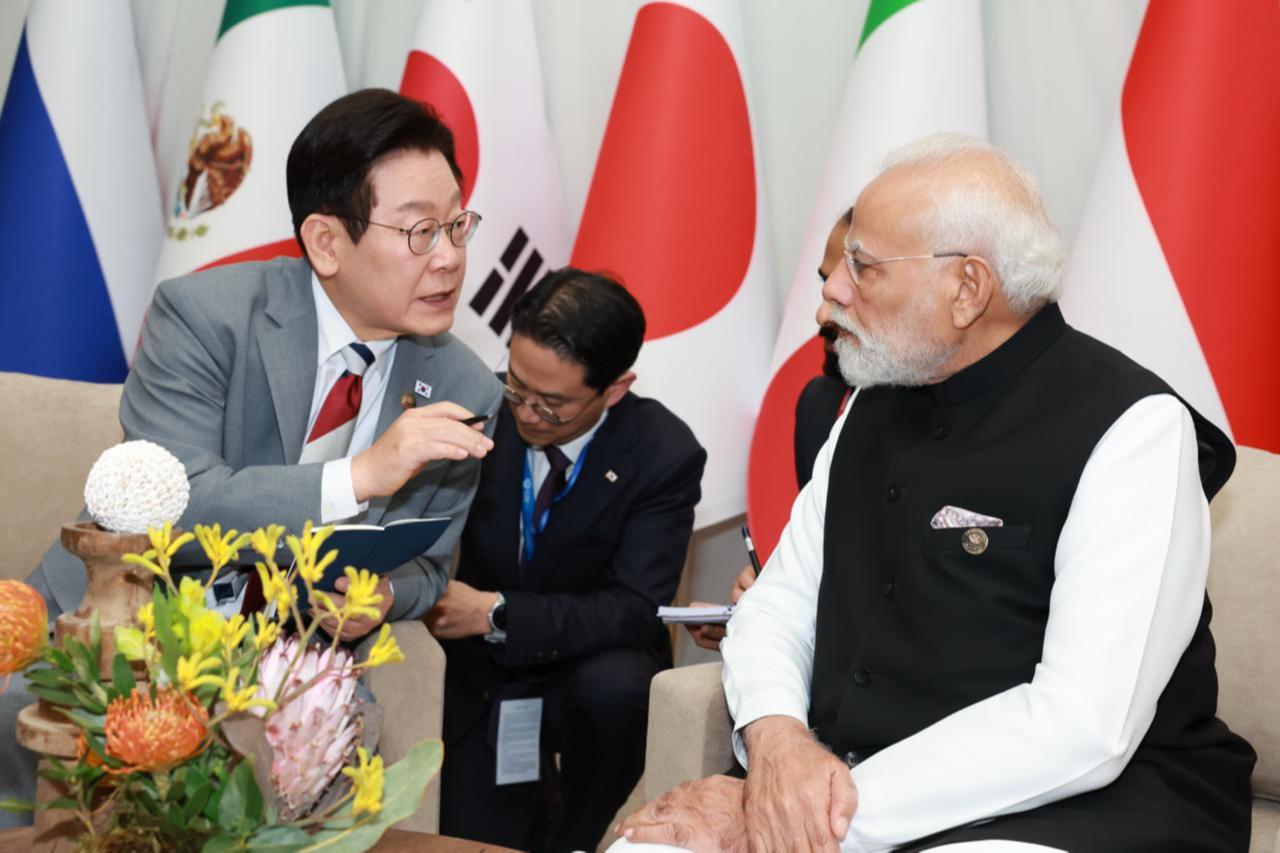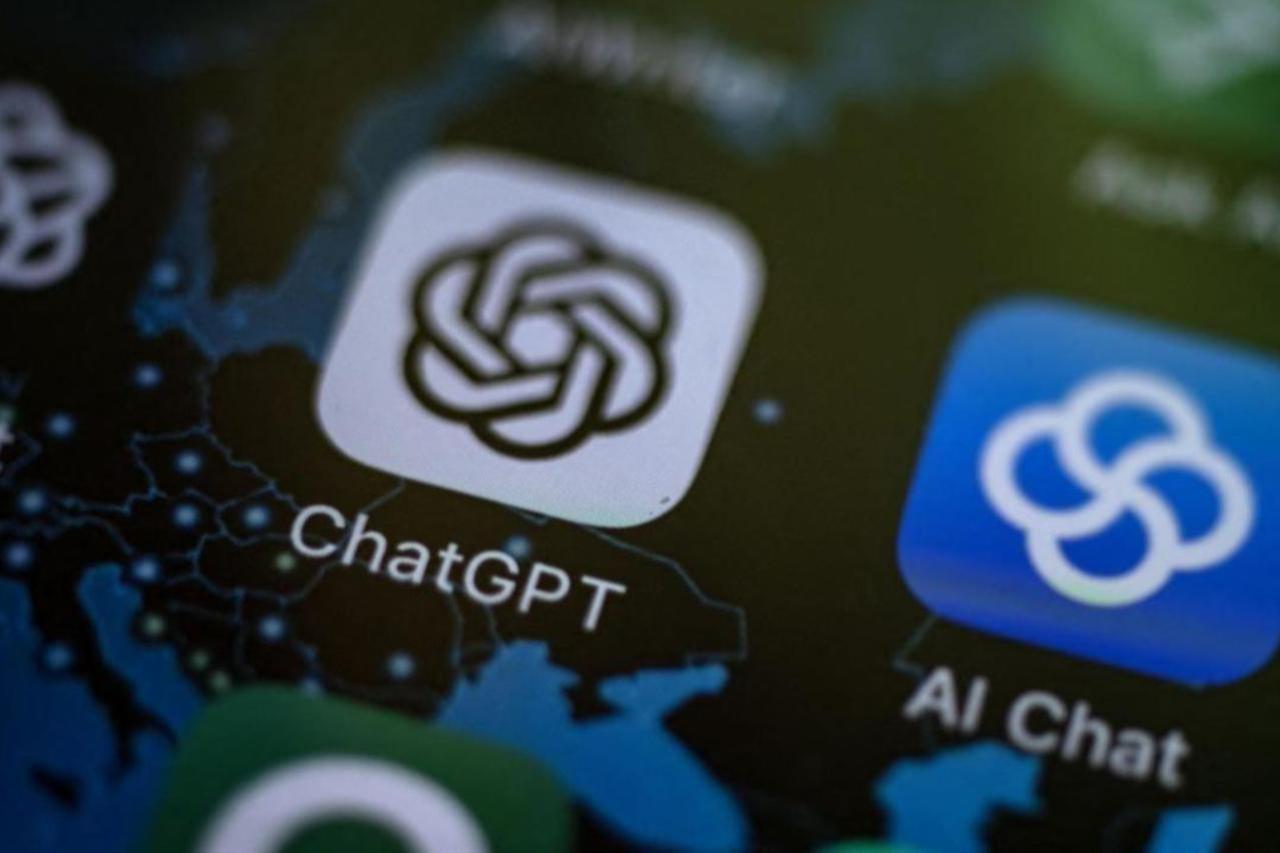
G20 leaders meeting in Johannesburg called for international cooperation on artificial intelligence governance and critical mineral supply chains on Sunday, with South Korean President Lee Jae Myung urging the creation of global frameworks that ensure equitable access to emerging technologies.
"The advancement of AI must provide fair opportunities for all nations and all peoples," Lee said during the summit, pledging to work with the international community to advance Seoul's vision for inclusive AI development.
The discussions, which took place during a session titled "A Fair and Just Future for All," reflected growing concern among major economies about the concentration of AI capabilities and the need to secure supply chains for the minerals essential to producing advanced technologies.

Lee emerged as a leading voice on AI governance at the summit, arguing that global frameworks must broaden access to artificial intelligence rather than allowing the technology's benefits to accrue to a select few nations. The South Korean president said his country would collaborate internationally to promote this inclusive approach.
South Korea's prominence at the gathering comes as the nation prepares to assume the G20 presidency in 2028, following the United States in 2026 and the United Kingdom in 2027. Lee said Seoul would take on hosting duties with "a profound sense of responsibility" and pledged to strengthen the forum's standing as a venue for economic cooperation.
"We will do our utmost to ensure that the G20 further consolidates its role as the premier forum for international economic cooperation," he said.

Beyond artificial intelligence, leaders devoted significant attention to securing stable supplies of critical minerals—the raw materials underpinning everything from electric vehicle batteries to semiconductor manufacturing.
Lee emphasized the need for arrangements that benefit both resource-rich nations and those that import minerals, calling for supply chains "where mineral-rich and mineral-importing countries share the benefits."
The summit approved a Critical Minerals Framework, which Lee praised. South Korea currently chairs the Minerals Security Partnership and has launched the Korea-Africa Critical Minerals Cooperation Initiative to deepen collaboration with resource-producing nations on the continent.
Japanese Prime Minister Sanae Takaichi said she had conveyed her country's positions on strengthening supply chain resilience for critical minerals during the discussions. She noted the G20's growing importance as the international community confronts multiple crises and said Japan would continue active cooperation.
Indian Prime Minister Narendra Modi offered a philosophical framework for AI development, arguing that technological applications should be "human-centric" rather than "finance-centric," global rather than national in scope, and built on open-source foundations rather than exclusive models.
Modi called for a "global compact based on the principles of transparency, human oversight, safety-by-design and prevention of misuse," according to Indian External Minister Randhir Jaiswal. The Indian leader stressed that artificial intelligence "must translate into global good."
The G20, which brings together the world's largest economies, has increasingly turned its attention to technology governance as AI systems grow more powerful and their economic implications more significant.